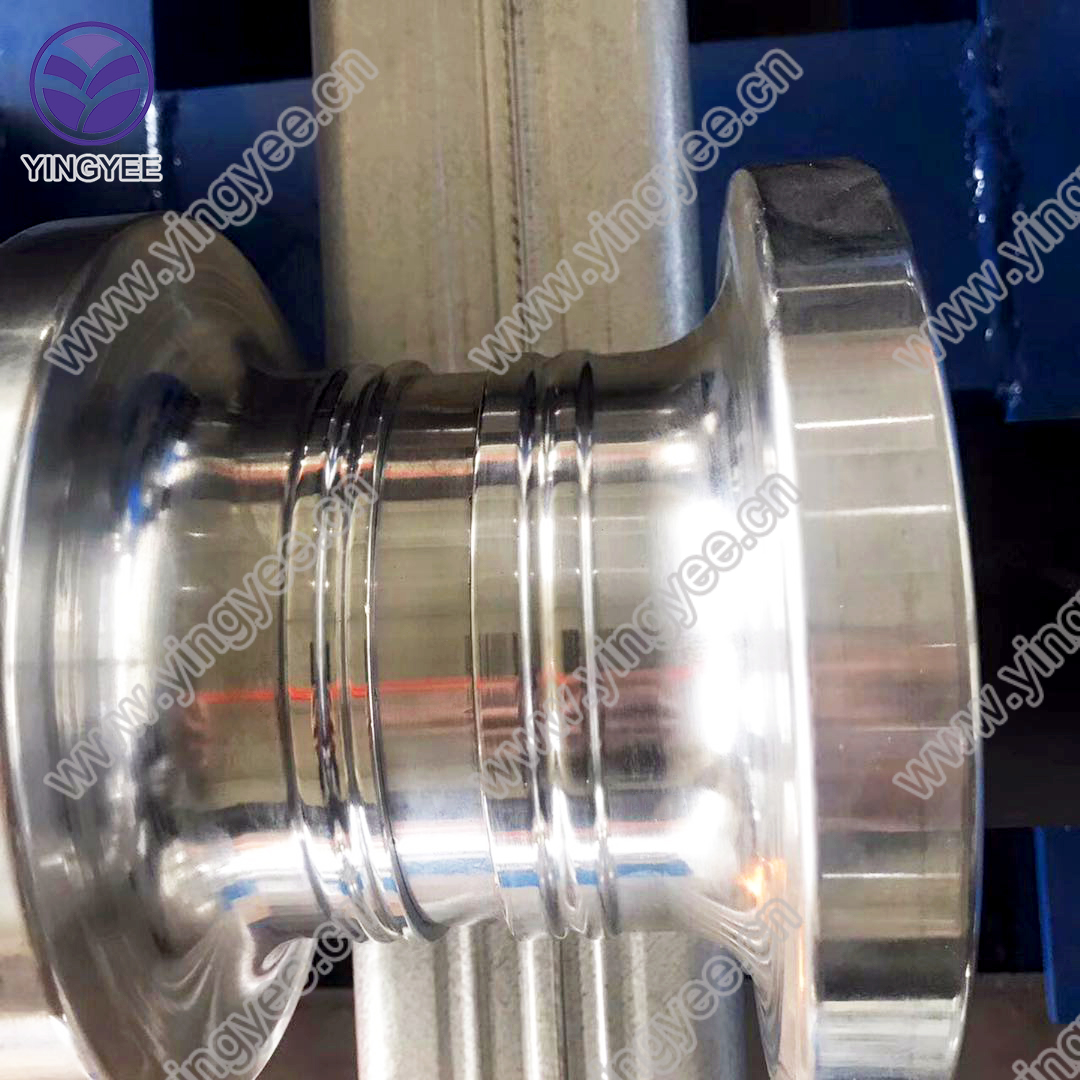The Evolution and Importance of Roofing Panel Sheet Roll Forming Machines
In the construction industry, the roof is one of the most critical components of any building. It not only protects the structure from adverse weather conditions but also significantly contributes to its aesthetic appeal and energy efficiency. As demand for durable and stylish roofing solutions grows, so does the need for effective manufacturing processes. This is where roofing panel sheet roll forming machines come into play.
What is a Roofing Panel Sheet Roll Forming Machine?
A roofing panel sheet roll forming machine is a specialized piece of equipment designed for the continuous production of roofing panels from metal sheets. The process involves feeding a coil of metal (often galvanized steel or aluminum) into the machine, where it is gradually shaped into a specific profile through a series of rollers. The result is a high-quality, uniformly-shaped roofing panel that can be used in residential, commercial, or industrial applications.
Advantages of Using Roll Forming Technology
1. Cost Efficiency Roll forming is a highly efficient manufacturing process that reduces material waste. By utilizing metal coils instead of flat sheets, manufacturers can maximize output and minimize expenses. The automated nature of roll forming also leads to lower labor costs in production.
2. Versatile Designs One of the significant advantages of roofing panel sheet roll forming machines is their ability to produce a variety of panel designs and profiles. Whether it's standing seam, corrugated, or ribbed panels, these machines can be easily adjusted to meet specific design requirements, offering flexibility to builders and architects.

3. Consistency and Quality Roll forming technology ensures that each roofing panel produced is nearly identical in thickness and finish, leading to consistent quality. This uniformity not only enhances the visual appeal of the final product but also ensures that panels fit together seamlessly during installation, reducing potential issues.
4. Durability The materials used in roofing panels, combined with the precision of roll forming, produce roofs that are resilient and long-lasting. Metal roofs are known for their ability to withstand extreme weather conditions, making them a preferred choice in many regions.
Technological Advancements and Automation
The roofing panel sheet roll forming machine has evolved significantly over the years, thanks to advances in technology. Modern machines are equipped with computer numerical control (CNC) systems, allowing for precise adjustments during production. This automation enables the production of complex designs with minimal human intervention, increasing efficiency and reducing the risk of errors.
Moreover, integration with industry 4.0 technologies has led to the development of smart roll forming machines that can monitor production in real time, predict maintenance needs, and even adjust settings automatically to optimize performance. Such advancements not only enhance productivity but also ensure that manufacturers maintain a competitive edge in the market.
Conclusion
In conclusion, roofing panel sheet roll forming machines have revolutionized the way roofing materials are produced, offering significant benefits in terms of cost, versatility, quality, and durability. As the construction industry continues to evolve, these machines are likely to play a vital role in meeting the increasing demand for high-quality roofing solutions. Future advancements in technology will further enhance their capabilities, making them an indispensable asset for manufacturers aiming to provide innovative and efficient roofing solutions. As sustainability and efficiency become ever more crucial in construction, the significance of these machines will only continue to grow.